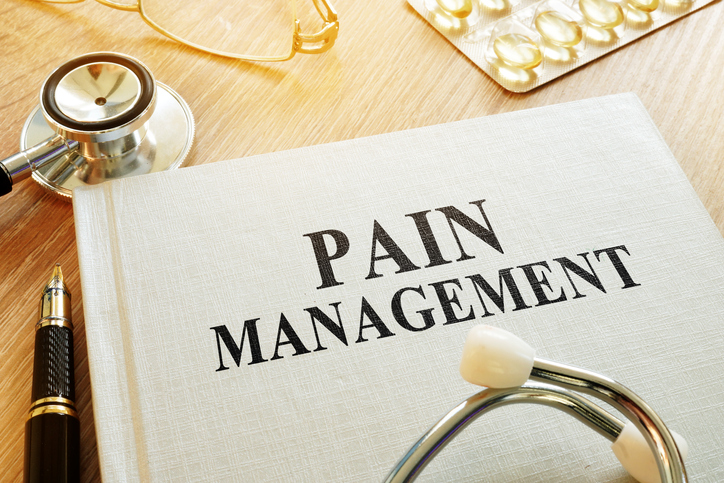Living with Chronic Pain
What to do if the Pain Clinic Suddenly Closes

Pain clinics are often a vital component in symptom management for those with a chronic pain condition. An abrupt closure of a pain clinic is upsetting and causes frustration. Individuals in this situation can have various questions and may feel confused. The two main components to create a smooth transitional experience when one’s pain clinic closes is safely tapering off medications and navigating continuity of care.
Obtaining medical records
The process of requesting medical records in the United States involves the federal law known as HIPAA, which entitles every individual the right to access their own medical records. Canadians also have a legal right to their medical records. In 1992, the Supreme Court of Canada declared that the information contained in medical records belongs to the “patient,” and the physical record belongs to the organization responsible for it.
Contacting all facilities that were utilized to obtain medical records is essential when seeking a new pain clinic. Each facility may have different pieces of an individual’s medical records. Examples include the following:
- The current pain clinic
- Primary care practitioners
- Pharmacies
- Other specialists, such as surgeons, physical therapists, etc.
- Hospitals
- Insurance companies
- Labs or drug screening facilities
- Testing facilities (MRIs, CT scans, ultrasounds, etc.)
Accessing pain management care
A primary care physician is beneficial in helping to find a new pain management clinic. They normally write a referral for a new provider. In the event that a person does not have a primary care provider, their health insurance company may be able to help with in-network providers. Certain online databases may also be useful for finding pain clinics that are accepting new patients.
Tapering medications
When a person takes certain controlled or scheduled substances for pain management, such as opioids, they may develop a physiological response of dependence. While this is not the same as addiction, it can present similar symptoms, such as withdrawal from a substance.
If a pain clinic suddenly closes, individuals may be unable to receive their prescriptions for pain management. This can introduce the possibility of withdrawal symptoms, which can range from uncomfortable to life-threatening. It is not recommended to stop opioids abruptly unless a person has been taking them for less than two weeks.
It is much safer to taper off opioids than to discontinue them suddenly. The Centers for Disease Control and Prevention (CDC) guidelines recommend decreasing ten percent of the original dosage per week. However, a slower taper of ten percent per month may be necessary for those who have been taking opioids long-term.
Individuals who are at a high risk of harm, such as those with opioid use disorder or are pregnant, should coordinate their tapering with a medical professional. Pregnant women should use special care since withdrawal can cause risk to the pregnant woman and their fetus. Symptoms of withdrawal includes, but is not limited to, the following:
- Changes in blood pressure
- Nausea or vomiting
- Diarrhea
- Tremors
- Confusion
- Drowsiness
- Sweating or fever
- Hallucinations
- Rapid heart rate
- Increased pain
- Trouble sleeping
- Restlessness or anxiety
If any withdrawal symptoms are present, notify a healthcare professional immediately. Certain over-the-counter medications may be used to treat specific withdrawal symptoms, including acetaminophen for pain and fever, dimenhydrinate for nausea or vomiting, and loperamide for diarrhea. Unless a health care provider says otherwise, it may also be beneficial to do the following:
- Implement relaxing activities, such as breathing exercises or reading
- Partake in positive self-talk
- Drink additional water
- Perform moderate physical activity, such as walking
- Distract by chatting with a friend, humor, games, etc.
- Stretch
- Eat regular, nutritious meals
The use of illicit drugs to ease withdrawal symptoms is potentially fatal. Substances such as kratom, cannabis or alcohol could have side effects or interactions that could cause death. Whether legal or illegal, a health care professional should be consulted prior to the use of cannabis.


















